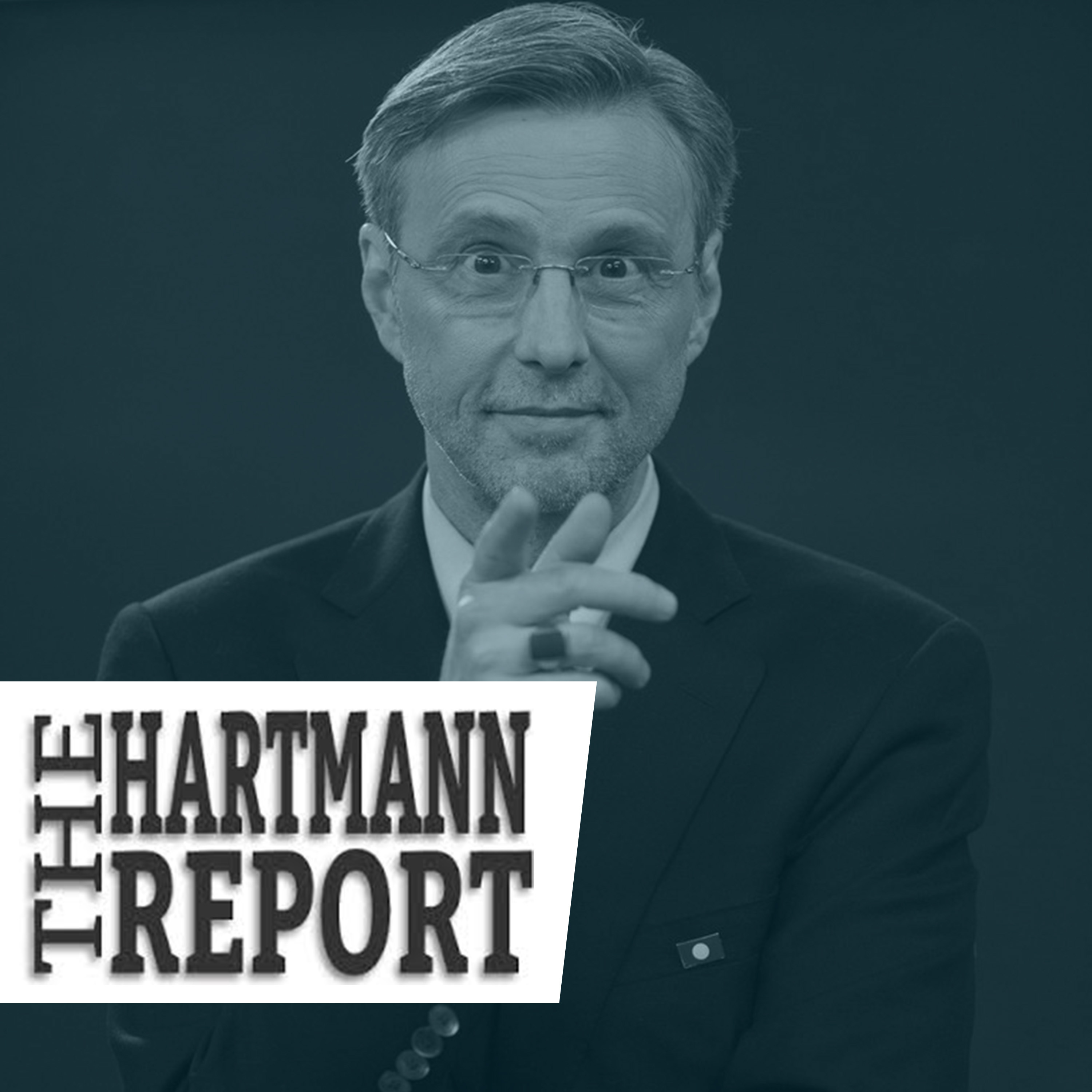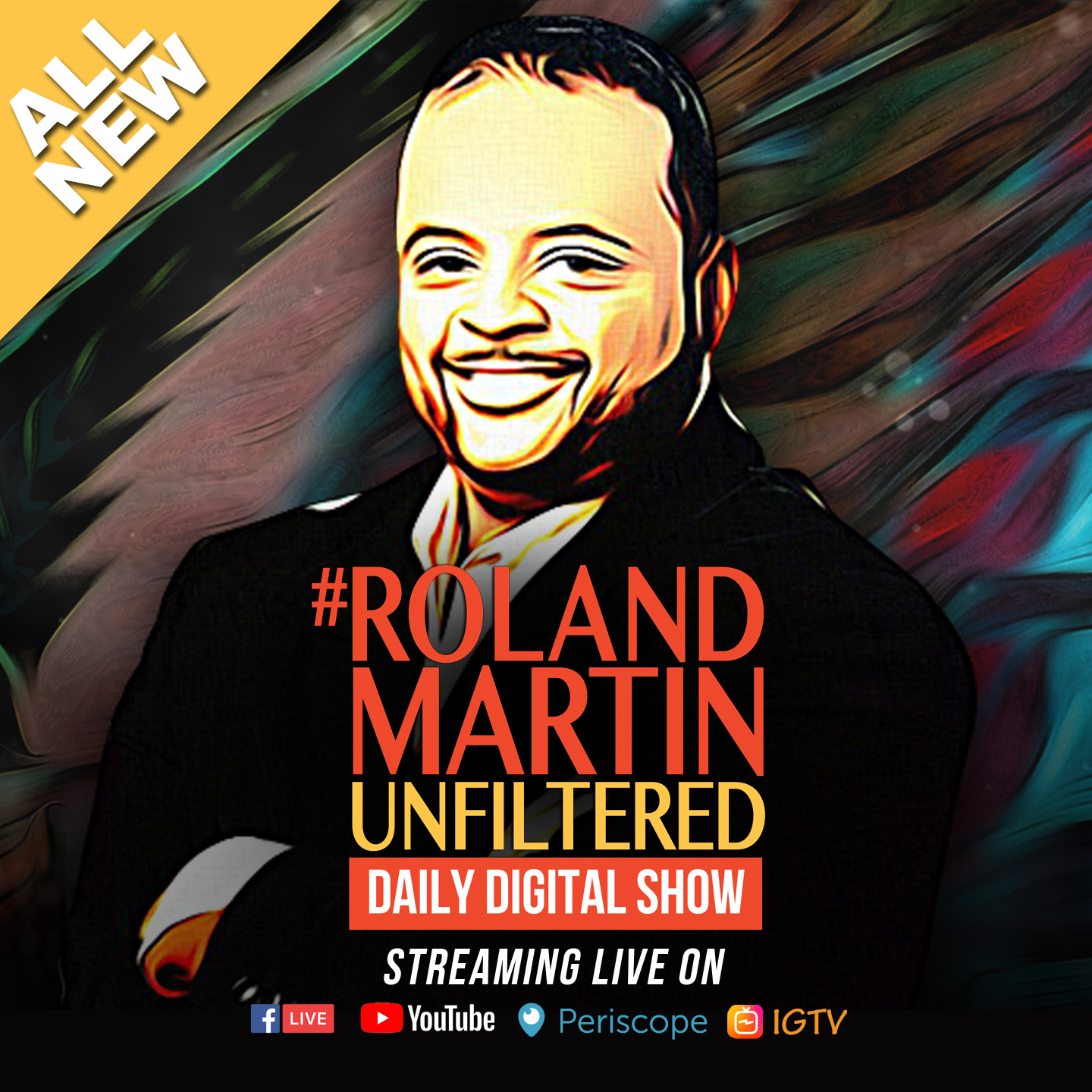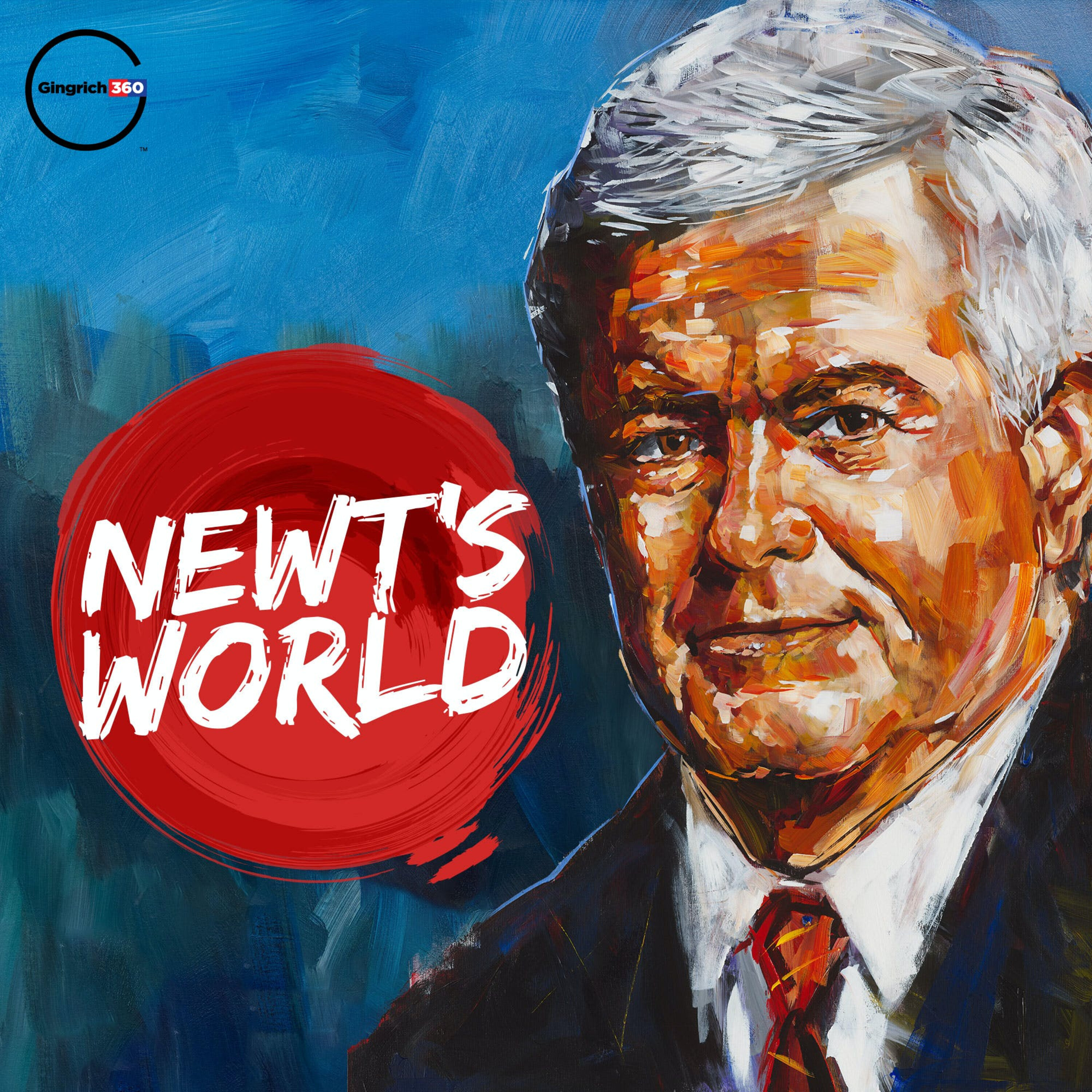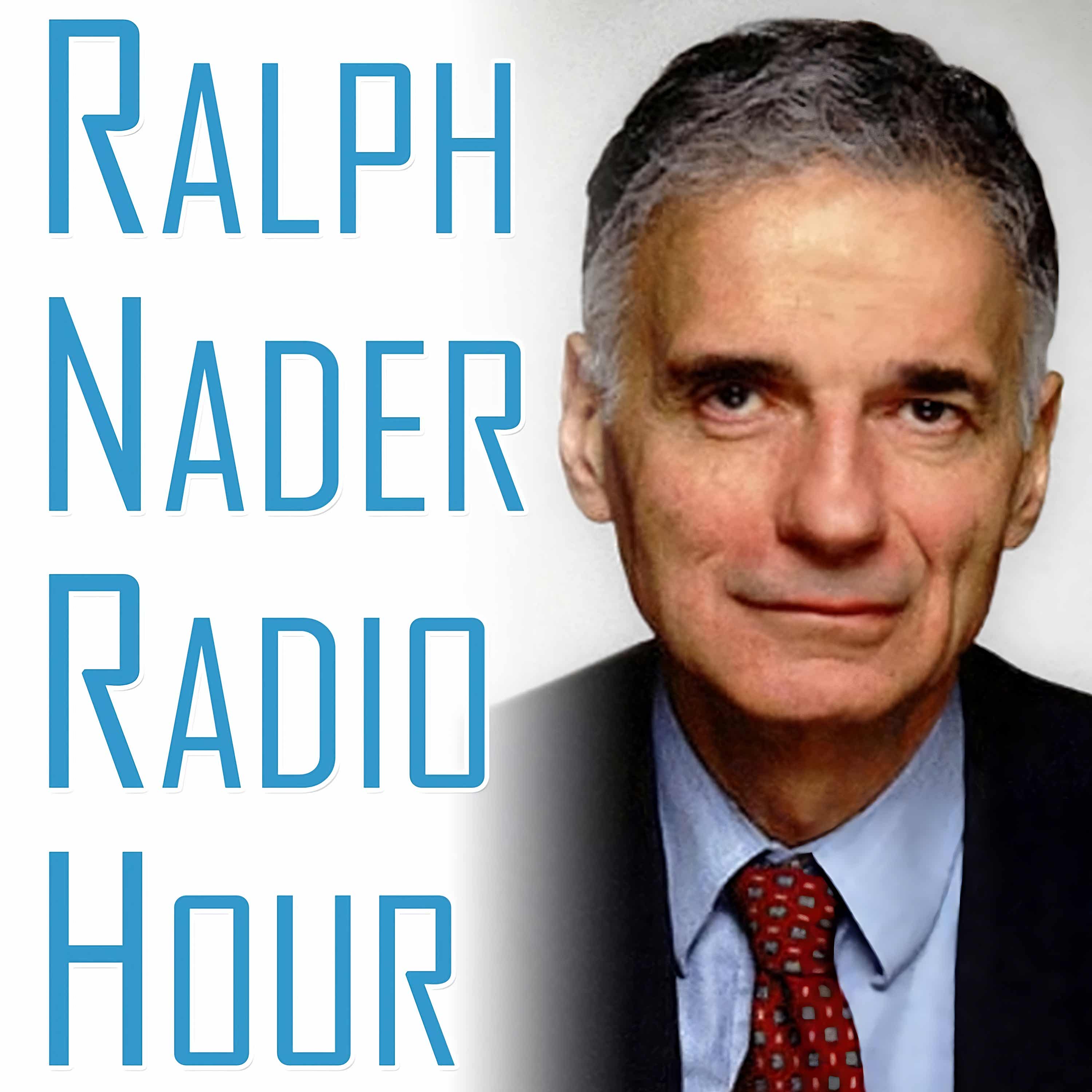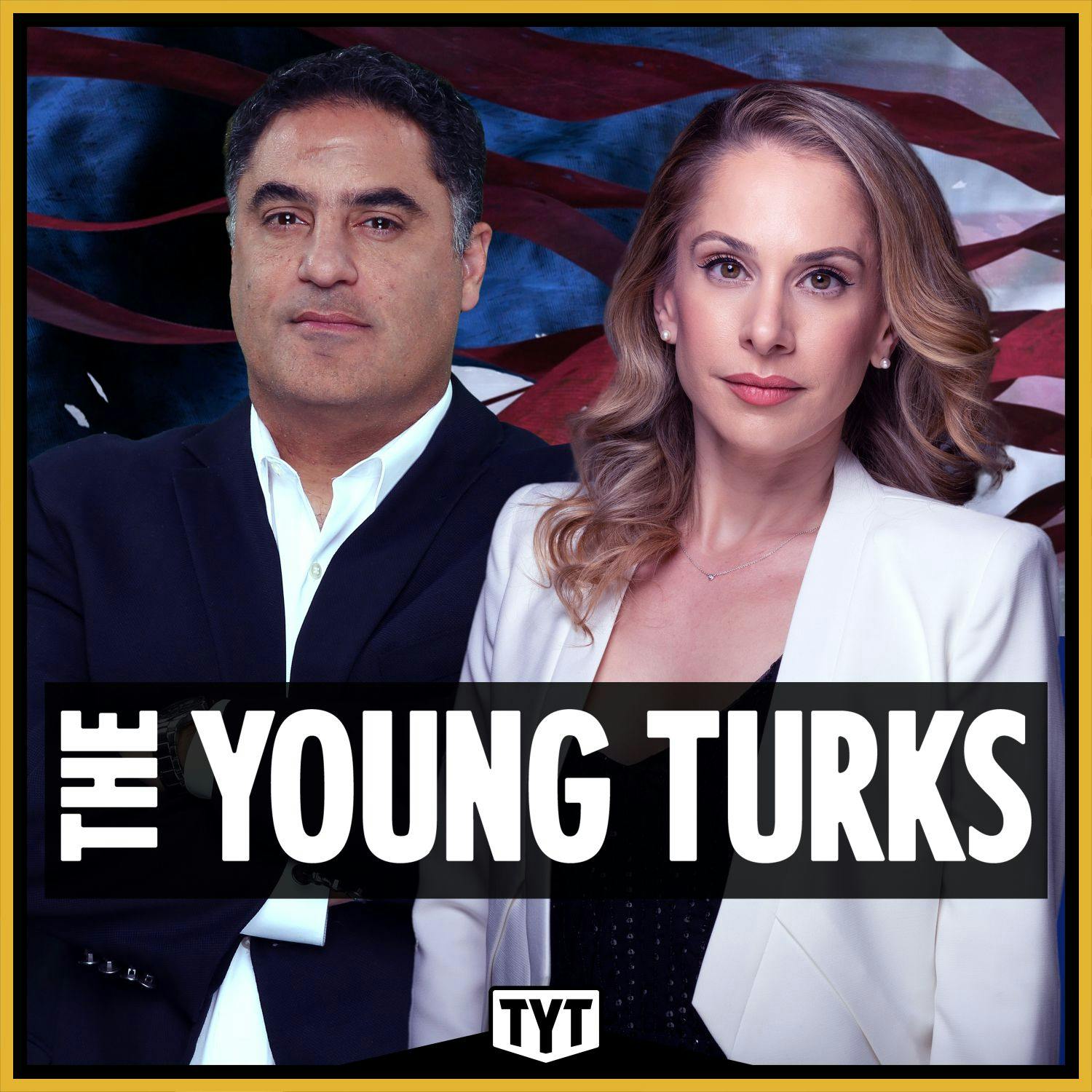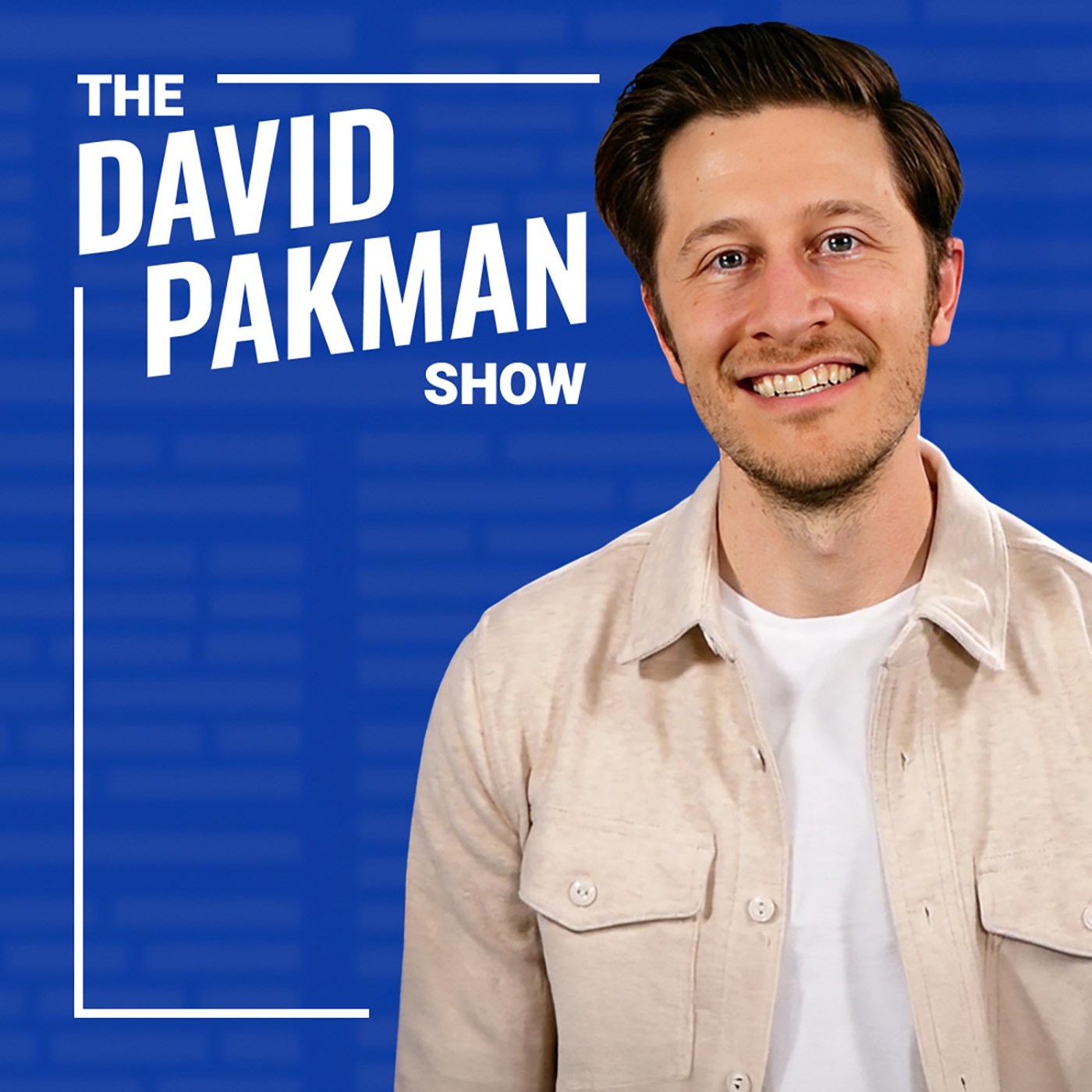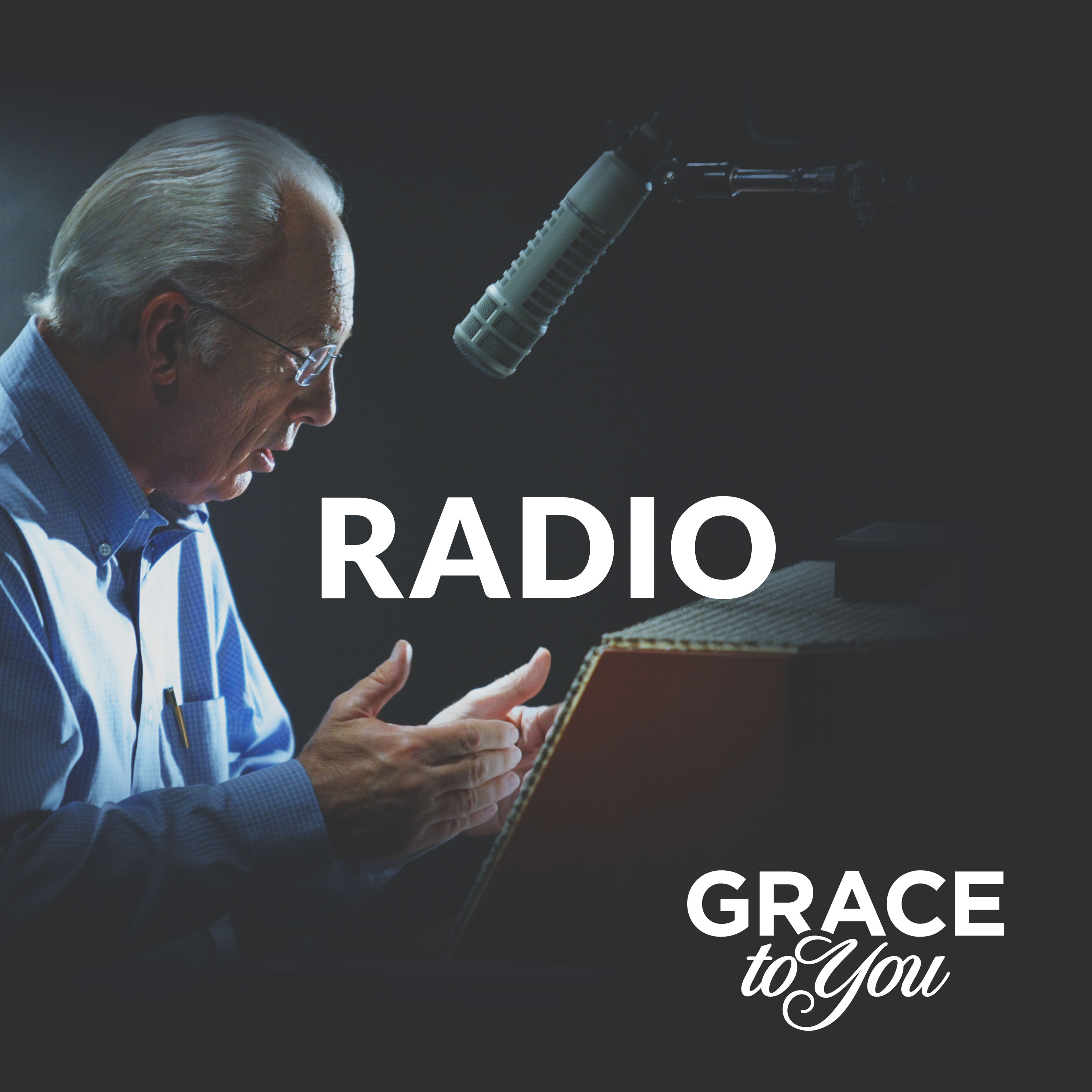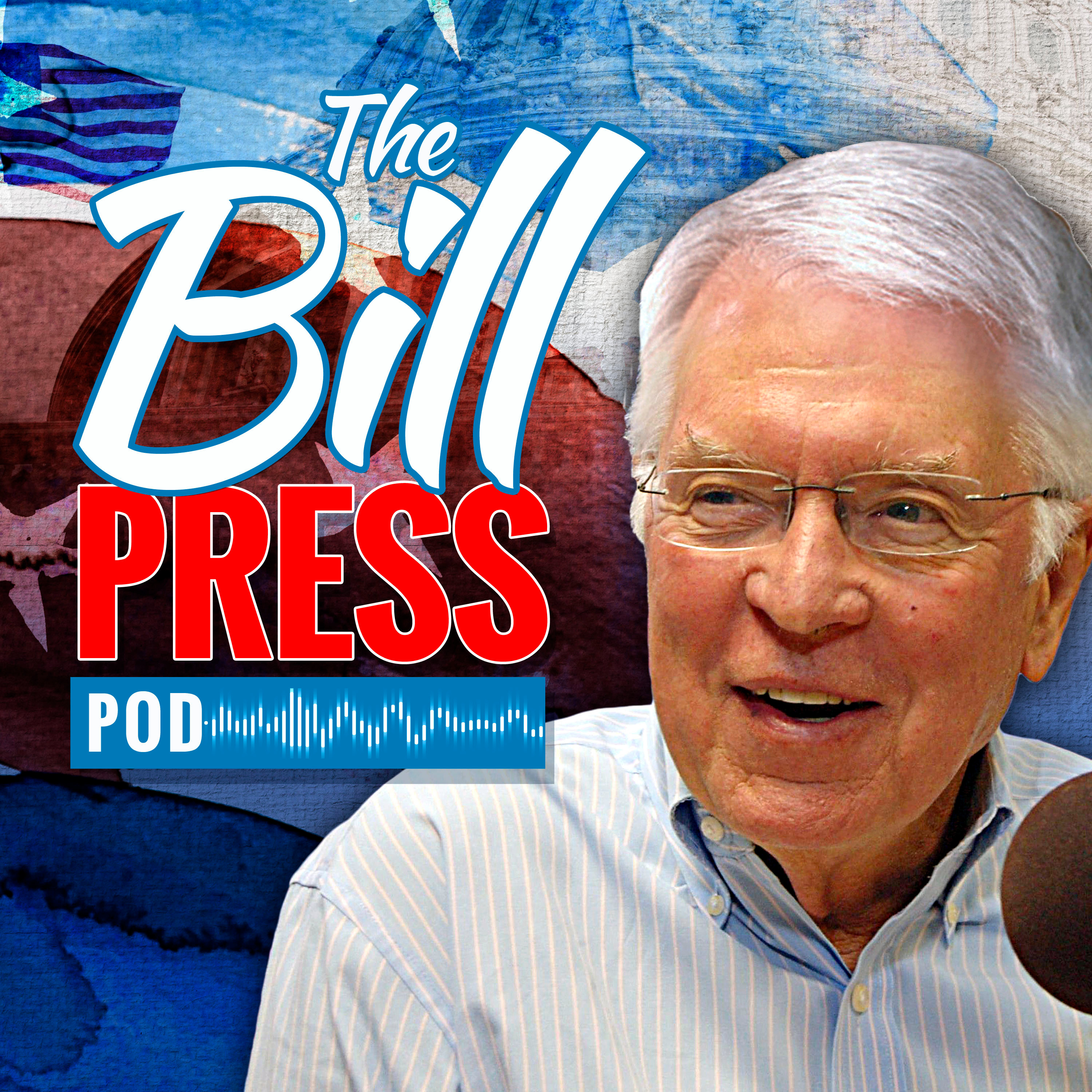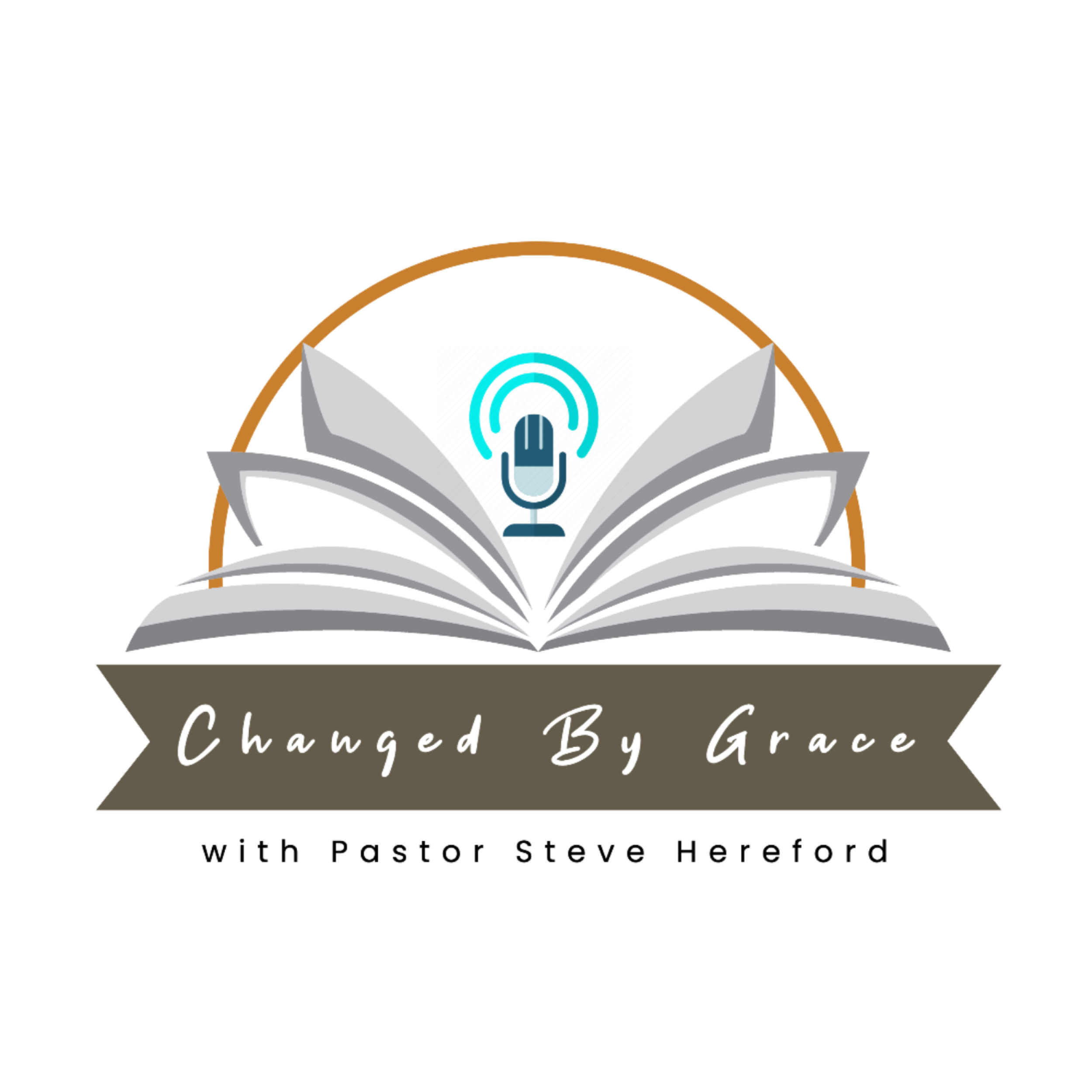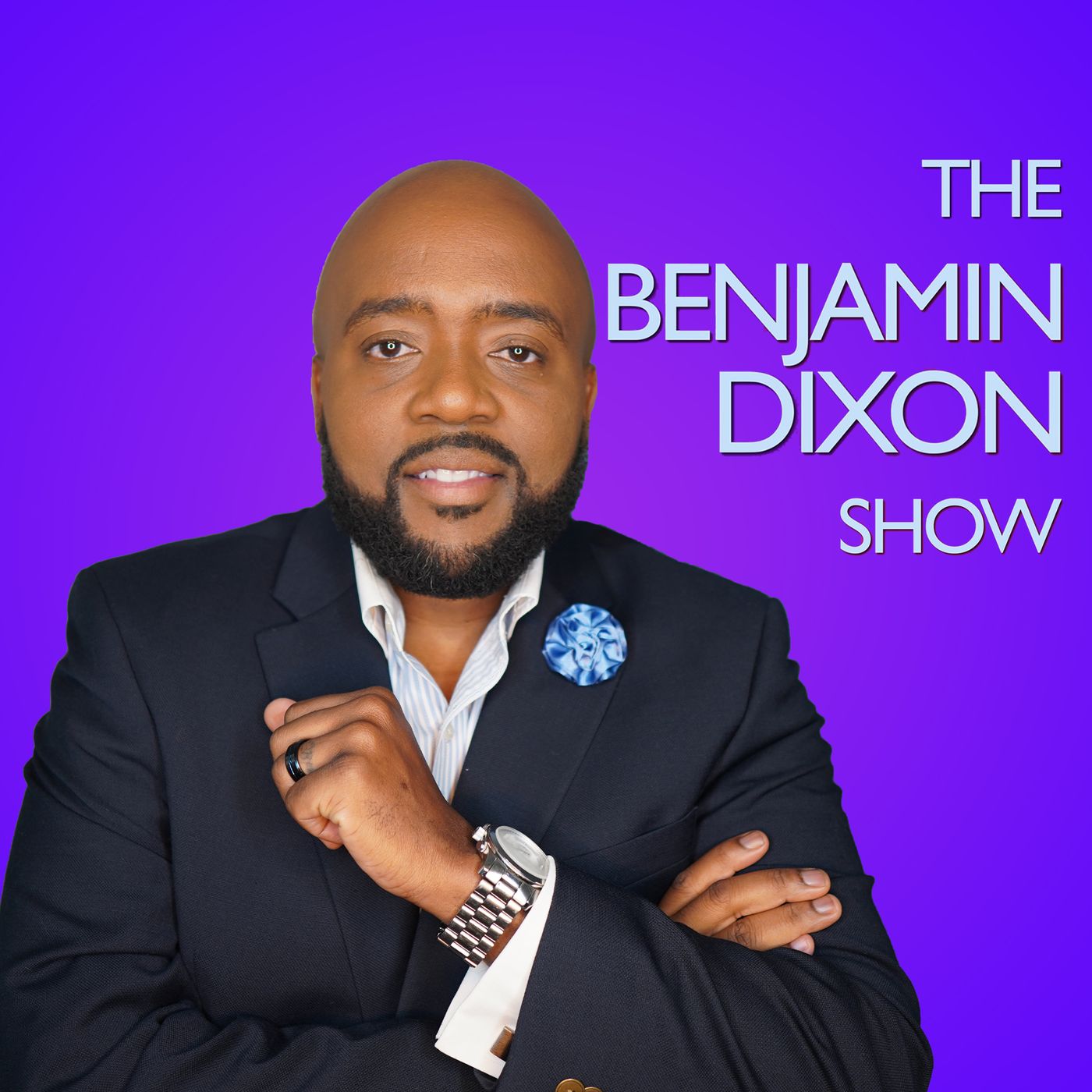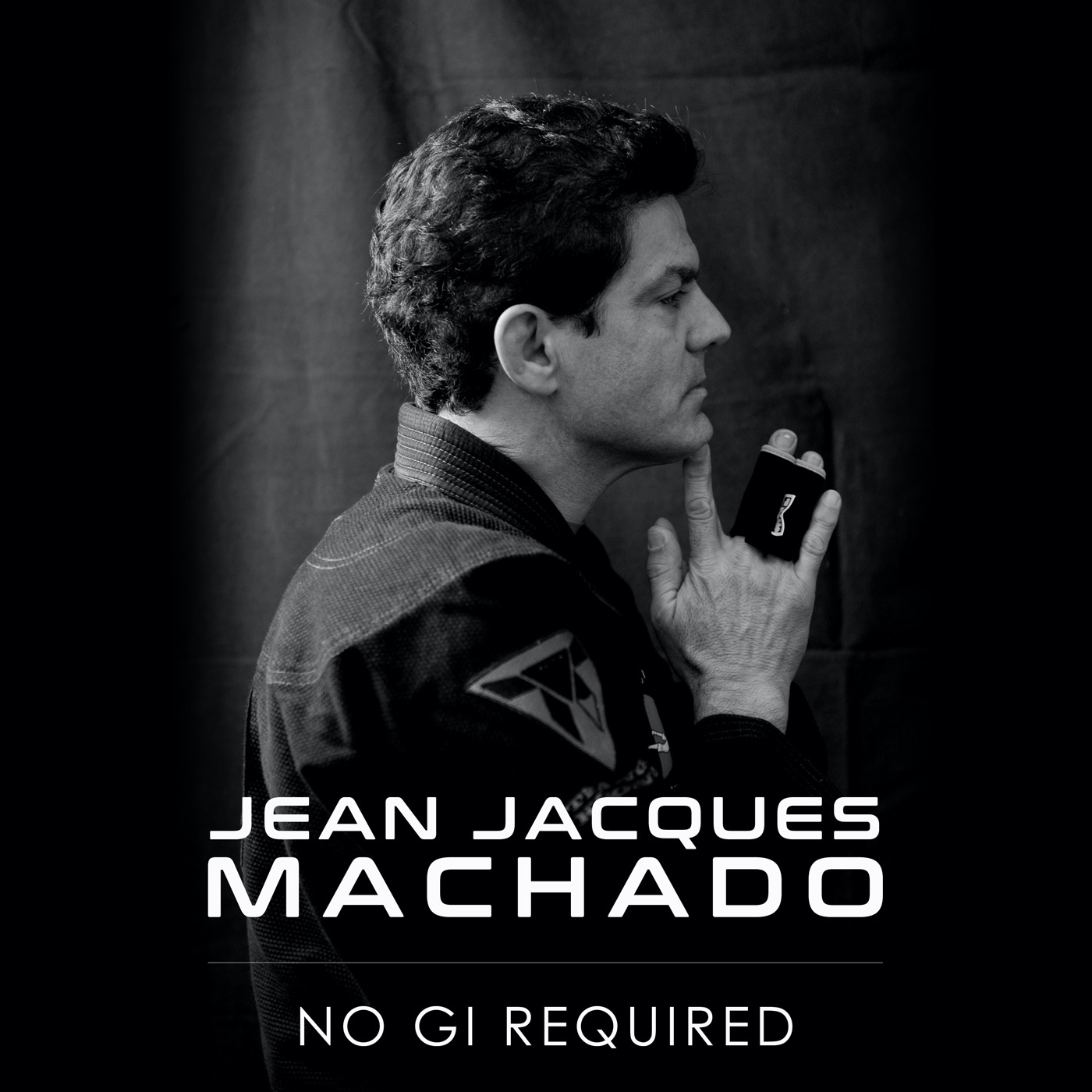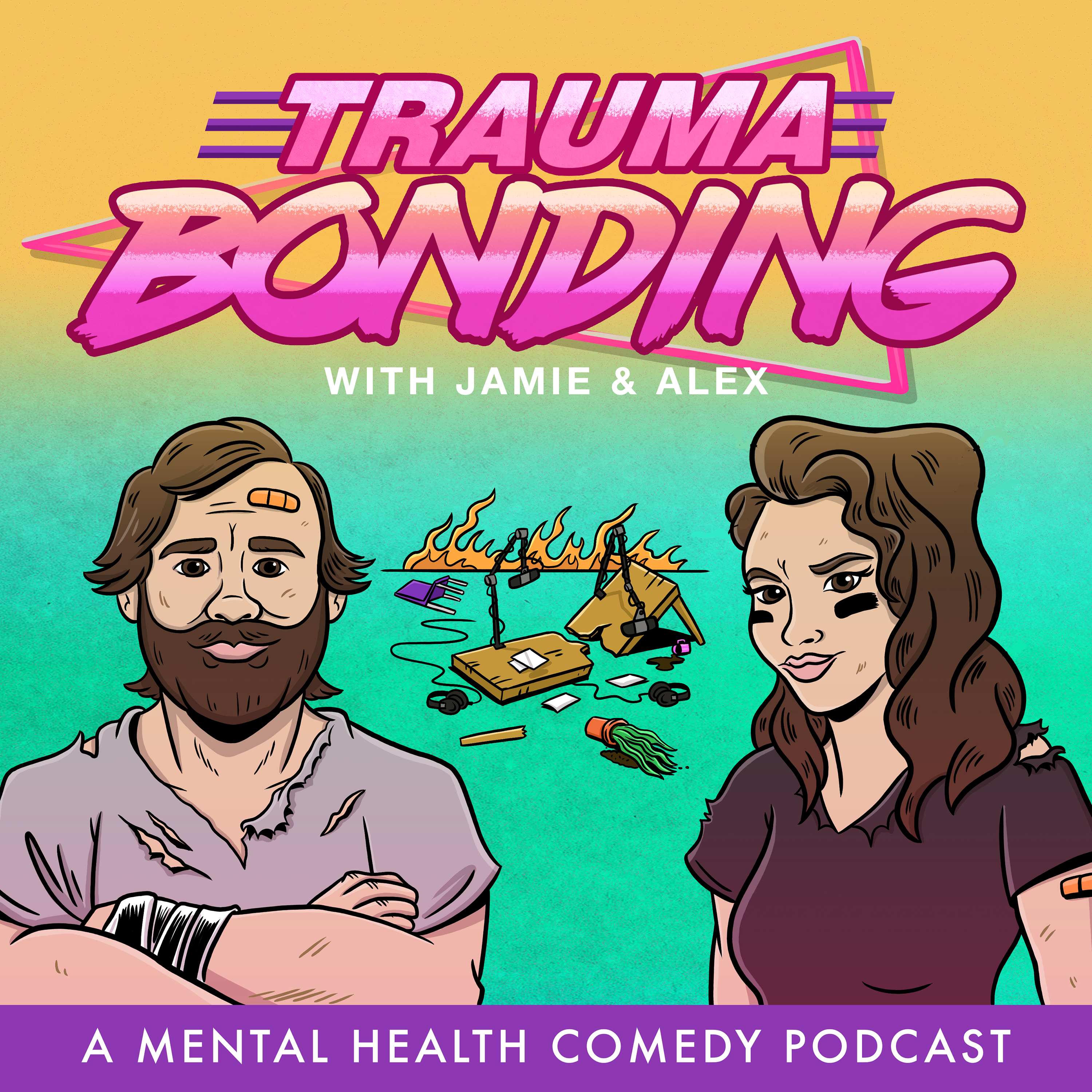
The Darrell McClain show
Independent media that won't reinforce tribalism. We have one Planet; nobody's leaving so let’s reason together!! Darrell McClain is a Military veteran with an abnormal interest in politics, economics, religion, philosophy, science, and literature. He's the author of Faith and the Ballot: A Christian's Guide to Voting, Unity, and Witness in Divided Times. He was born and raised in Jacksonville FL, and went to Edward H white High School,l where he wrestled under Coach Jermy Smith and The Late Brian Gilbert. He was a team wrestling captain, District champion, and an NHSCA All-American in freestyle Wrestling. He received a wrestling scholarship from Waldorf University in Forest City, Iowa. After a short period, he decided he no longer wanted to cut weight, effectively ending his college wrestling journey. Darrell McClain is an Ordained Pastor under the Universal Life Church and is still in good standing as well as a Minister for the American Marrige Ministries . He's a Believer in The Doctrines of Grace, Also Known as Calvinism. He joined the United States Navy in 2008 and was A Master at Arms (military police officer) He was awarded several awards while on active duty, including an expeditionary combat medal, a Global War on Terror medal, a National Defense Medal, a Korean Defense Medal, and multiple Navy achievement medals. While In the Navy, he was also the assistant wrestling coach at Robert E Lee High School. He's a Black Belt in Brazilian Jiu-Jitsu under 6th-degree black belt Gustavo Machado, Darrell Trains At Gustavo Machado Norfolk under the 4th-degree black belt, and Former Marine Professor Mark Sausser. He went to school for psychology at American Military University and for criminal justice at ECPI University.
The Darrell McClain show
Fool's Gold: Why This "Big Beautiful Bill" Fails the Working Class
Why do we fall for flashy slogans over substance? Darrell McClain dives deep into America's latest legislative spectacle – the "big beautiful bill" – and exposes who really benefits when political theater trumps meaningful policy.
This raw, unflinching analysis peels back the glittery wrapping to reveal how tax cuts for the wealthy, slashed social programs, and corporate giveaways continue the failed legacy of trickle-down economics. Drawing from personal experience watching family members stretch dollars and share with those who had less, McClain contrasts the America we need with the reality this bill delivers. With passion and purpose, he articulates how true economic policy should lift up the vulnerable rather than enrich the powerful.
The episode explores how budgets are moral documents that reveal our nation's true values. When defense contractors receive windfalls while school meal programs face cuts, when pharmaceutical executives profit while seniors ration medicine, we see politics prioritizing profit over people. McClain challenges listeners to move beyond patriotic pageantry and examine who truly benefits from legislation that promises prosperity but delivers austerity for those already struggling.
With eloquence and urgency reminiscent of Dr. King's call to action, this episode presents a vision for what truly "big, beautiful" policy would look like: guaranteed healthcare, affordable housing, living wages, and climate action that benefits everyone, not just those at the top. It's a powerful reminder that policy isn't abstract – it determines whether families can sleep peacefully without fear of financial ruin from medical emergencies or whether children have the resources they need to thrive.
Want to dig deeper? Check out Jerome's comprehensive Substack article where he breaks down every aspect of the bill and its potential impacts. Subscribe to the podcast and join the conversation about creating an economy that works for everyone, not just the privileged few.
Welcome to the Jerome McLean Show. I'm your host, jerome McLean. Let's talk about this big beautiful bill and why this big beautiful bill, in my opinion, was wrong. Listen, we have to understand. In this country we love slogans more than substance. Big beautiful bill sounds good on a bumper sticker on a hat or blast it out of a cable news siren. But when you pull back the curtain, when you actually read the fine print and I mean really read it, not just skim the talking points what you find is this bill helps the powerful and punishes the vulnerable.
Speaker 1:People are out here in this country, living paycheck to paycheck, they are drowning in medical debt, rent is skyrocketing and they are paying more at the grocery store for less food. Meanwhile, this bill extends tax cuts for the richest folks and corporations. It's like throwing life jackets to billionaires on a yacht while the rest of us are left treading water in a storm. I hear all this talk about incentivizing growth and stimulating innovation. That's corporate speak, for we're about to get richer and you're about to get shafted. The working class doesn't get innovation, they get eviction notices. They don't get tax breaks, they get overdraft fees. So look, if you're going to write a bill this big, that ambitious, that beautiful, as they say, then it better do something beautiful for the folks on the bottom. First, it should put food on tables, fix our busted healthcare system, give kids a real chance at education without being crushed by debt before they even start life. But this bill? It gives corporate landlords more tax write-offs while telling single moms to work harder. It props up defense contractors and pharma executives and tell us there's no money for universal health care or universal child care or affordable insulin.
Speaker 1:I'm not against helping businesses, but I'm not against. But I am against rigging the entire system to benefit the boardroom while the break room stars. A big, beautiful bill should be like a good community meal. Everyone gets fed, but in this one, only the richest get dessert and the rest of us are left washing dishes in the back. And that's not right. And until we learn to measure a policy not by how loudly it's sold to us, but how deeply it lifts us, at least of these, we're going to keep getting hustled. Now listen, family. And yes, we're going to talk about this big, beautiful bill a lot today, but let's get real.
Speaker 1:We are at this point where America loves a good marketing gimmick. We always have from morning in America to hope and change, to make America great again. We love a phrase that tickles our ear, even if it ends up breaking the back of other working class. They told us this bill would unleash growth, protect American families and reward hard work. But if you peel back the glittery wrapping you see the same old game Tax cuts for the richest, deregulation for corporations and austerity for the rest of us.
Speaker 1:When Reagan passed his trickle-down economics tax cuts in the 80s, we were promised that prosperity would spill over from the penthouse down to the projects. But here we are, 40 years later and we know what really trickled down Poverty, homelessness, addiction and despair. This new bill is just Reaganomics in a new suit. It extends corporate tax cuts, slashes social safety nets like Medicaid and SNAP and guts funding for public education and housing programs. Meanwhile, it balloons the defense budget and subsidizes fossil fuel giants who are already making record profits. They talk about a deficit reduction, but they only seem to find the knife when it comes to the cutting food stamps or after school programs, never when it's time to buy another fleet of fighter jets or offer tax havens to pharmaceutical executives.
Speaker 1:Let me tell you something personal. I grew up watching people in my family stretch a dollar like it was a piece of taffy. I watched people clip coupons, rationed the heat in winter and prayed over their groceries, and I heard people say there's always enough to share with somebody else who has less. That's the America that I believe in, not an America where billionaires launch themselves into space while veterans sleep under bridges. What's so beautiful about a bill that increases child poverty by cutting school meal programs? What's big about telling seniors to ration their insulin because Medicare can't negotiate drug prices?
Speaker 1:When Dr King talked about the fierce urgency of now, he wasn't talking about enriching defense contractors. He was talking about feeding the poor, housing the homeless, lifting up the hungry. A truly beautiful bill would raise the minimum wage, invest in universal health care, fully fund public education, cancel medical debt and provide affordable housing. It will measure success not by how high the Dow Jones climbs, but how many families can sleep peacefully, knowing they won't lose everything over a medical emergency, knowing they won't lose everything over a medical emergency. I'm not saying the government is the savior, but I'm saying if we keep worshiping the golden calf of growth while ignoring justice, we're going to keep losing our souls as a nation.
Speaker 1:So here's my sermon to the people. Don't be hypnotized by slogans, don't be seduced by big checks and cheap patriotism. Read the fine print, watch the votes, follow the money, because, at the end of the day, policy isn't about abstract economics. It's about whether your grandmother can afford her medicine, whether your kids can learn without fear, whether your neighbor has heat in the winter. Don't tell me this bill is beautiful if it leaves people broken. Don't tell me it's big if it only builds walls between the haves and the half-nots. We need to demand better. We need to love each other enough to fight for policies that lift us all up, because, as my grandmother used to say, if it ain't helping the least of these, it ain't worth the paper it was printed on.
Speaker 2:What about Muslims running for office? Well, just remember that Muslims killed over 7,000 Americans on September 11th. I'm sorry what that was George Bush, after he bombed the wrong countries and blamed them on 9-11. But they didn't do the 9-11. That was George Bush. Is he a Muslim? He is not.
Speaker 1:Welcome back to the show. That was my friend, jamie Kil. He a Muslim, he is not. This so-called big, beautiful bill only because of the effects. And you know they've been pandering around on TV and they've been promising to fix everything from your taxes to your gas prices. But let me tell you something I'm all for big vision and I'm all for beautiful ideas and I'm going to keep nailing this point home. But you can't call something beautiful when it's leaving people hungry and sick and you can't call it big when it's just for big billionaires.
Speaker 1:When I was a kid, my grandmother used to say don't fall for something that's shiny. Don't fall for the shiny thing, you see, because sometimes that shiny thing you're looking at is fool's gold. And that is exactly what this bill is. It is fool's gold On paper. They say it's going to unleash growth, bring jobs back and protect families, but when you look under the hood it's the same old hustle Corporate tax cuts, check Military budget increases, check Environmental rollbacks, check. Meanwhile they're cutting the Medicaid, that's, health care for your grandmother, for your disabled cousin, for the single mom down the street. They are slashing funds for public schools. So if you are a teacher and you're out there buying crayons and Kleenexes out of your pocket. They just made your life a lot harder. And they always say it's about deficit reduction, but you notice the deficit only matters when they want to cut meals for kids or heating assistance for seniors, never when it's time to sign another defense contract or bail out Wall Street.
Speaker 1:Let's not forget the history. Like I said before back in the 80s, when they sold us trickle-down economics, if we just make the rich richer, it will trickle down to you, but I don't know about you all. The trickle-down to us was more student debt, more overdraft fees and more hours at work for less pay. Same story in 2001. We got a tax cuts for the wealthy and deregulation and the next thing you know here comes a housing crash and then a recession that wiped out people's life savings. And look, I'm not against people making money, I'm not anti-business, I am anti-exploitation. There's a difference. A healthy economy should be like a healthy body Every part needs to be nourished. You can't keep feeding the top and starving the feet and expect to stand on strong ground. The bill is a moral document. That's what bills and budgets are. They are moral documents and they tell us what we value, and apparently we value defense contractors, oil executives and yacht clubs more than we value kids in classroom or elders in our nursing homes.
Speaker 1:Now I know some people may say that I have started to get kind of preaching, and that may be the case. So I'm going to go ahead and give you your sermon for today because, like I said before, when Dr King talked about the fierce urgency of now, he didn't mean tax shelters in the Cayman Islands. He meant feeding the hungry, clothing the naked and sheltering the homeless. A truly big, beautiful bill would guarantee health care for all, cancel medical student debt, forgive student loans, fund affordable housing, raise the minimum wage and tackle climate change head-on. That would be beautiful. That would be big.
Speaker 1:So here's my challenge to everybody Stop getting seduced by slogans. Watch the votes, read the fine print, hold these people accountable because they work for you, not the other way around. Don't let them hypnotize you with flagpens and fireworks. Don't let them use patriotism as a smoke screen for greed.
Speaker 1:At the end of the day, policy isn't abstract. It's about whether your kid has lunch at school tomorrow. It's about whether you can find and afford your insulin this month. It's about whether your neighbor has to decide between heat and groceries. So if you want to call something big and beautiful, make sure it's feeding people, healing people, educating people. Otherwise it is just noise. So that's all I'm going to talk about in that bill today. I love everybody and I want to see everybody taken care of and take care of yourself and take care of each other. And you have to remember, if we're not lifting each other up at least, and if we're not lifting up the least of these, it's not worth the paper that is printed on. I wrote a very long, detailed sub stack about everything in the bills um, how it's gonna respond and I wrote something very interesting um, it's upstate, titled the big, beautiful bill, and I would encourage you to check out both of those and I will see you guys on the next episode.







